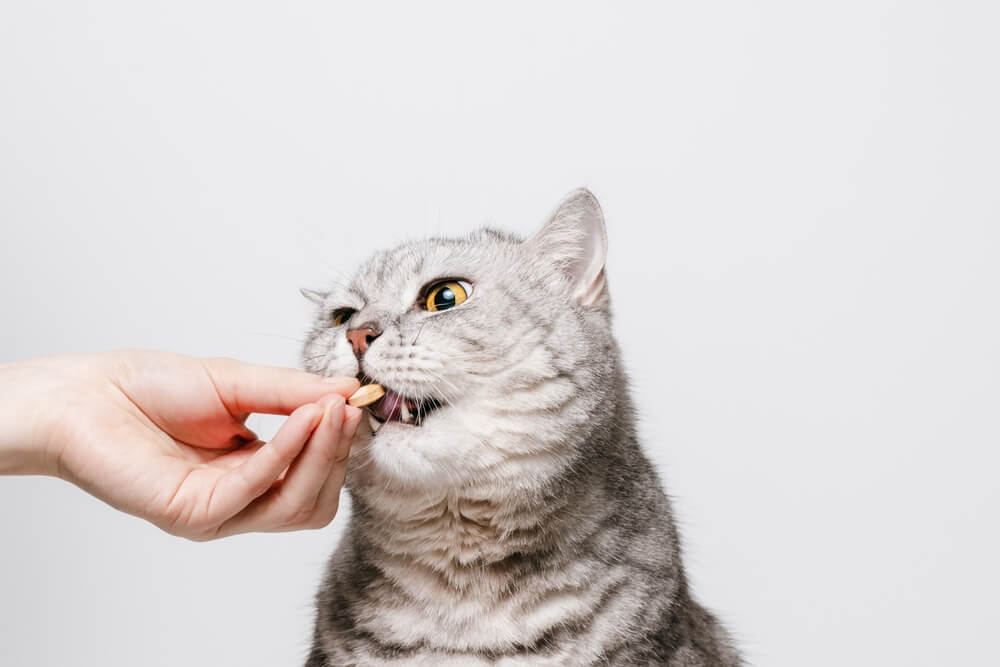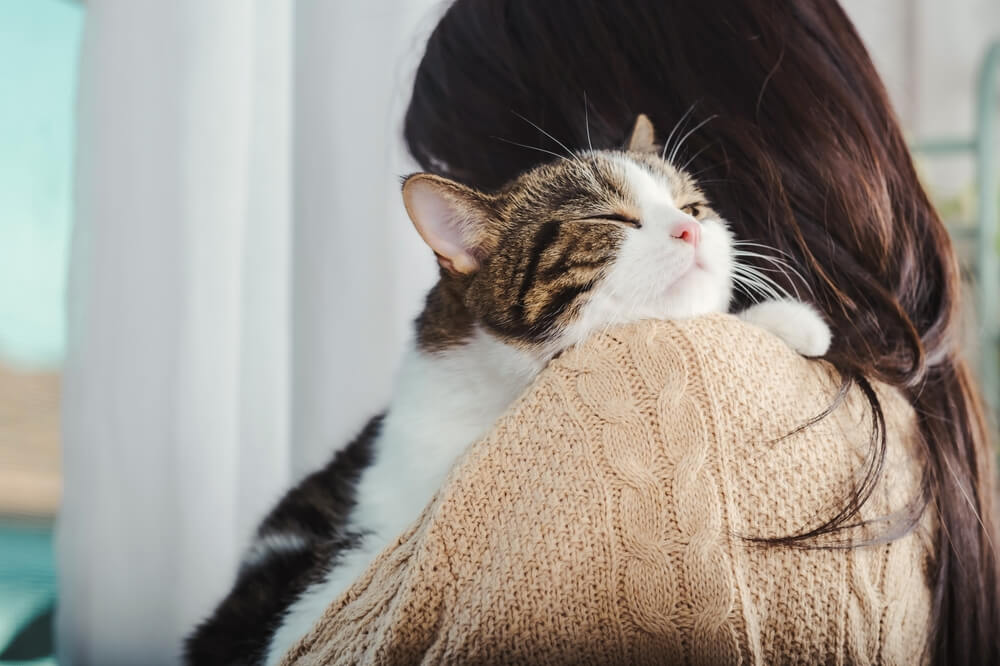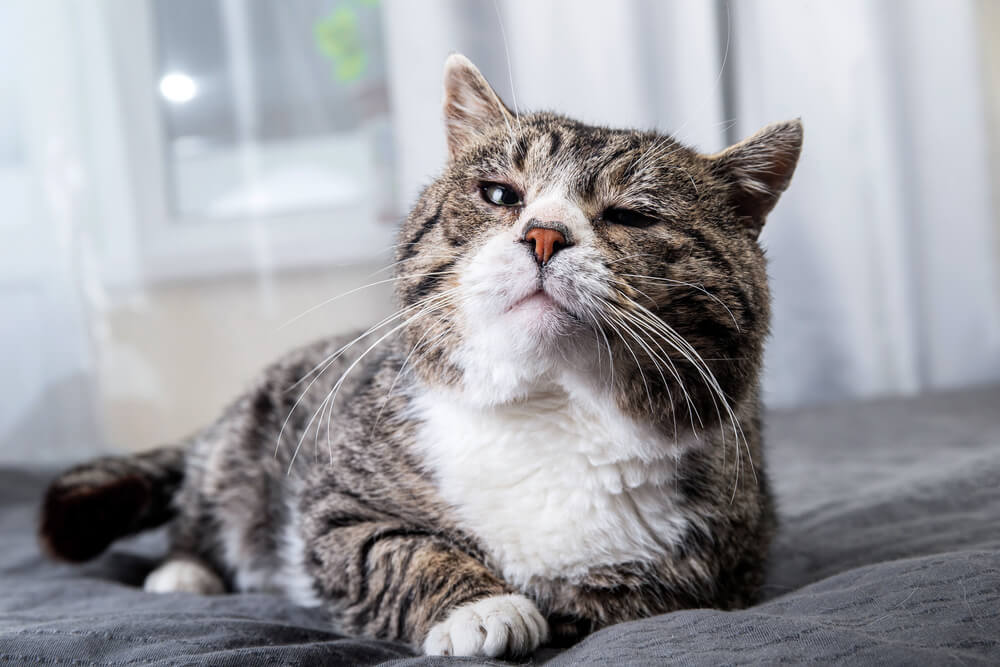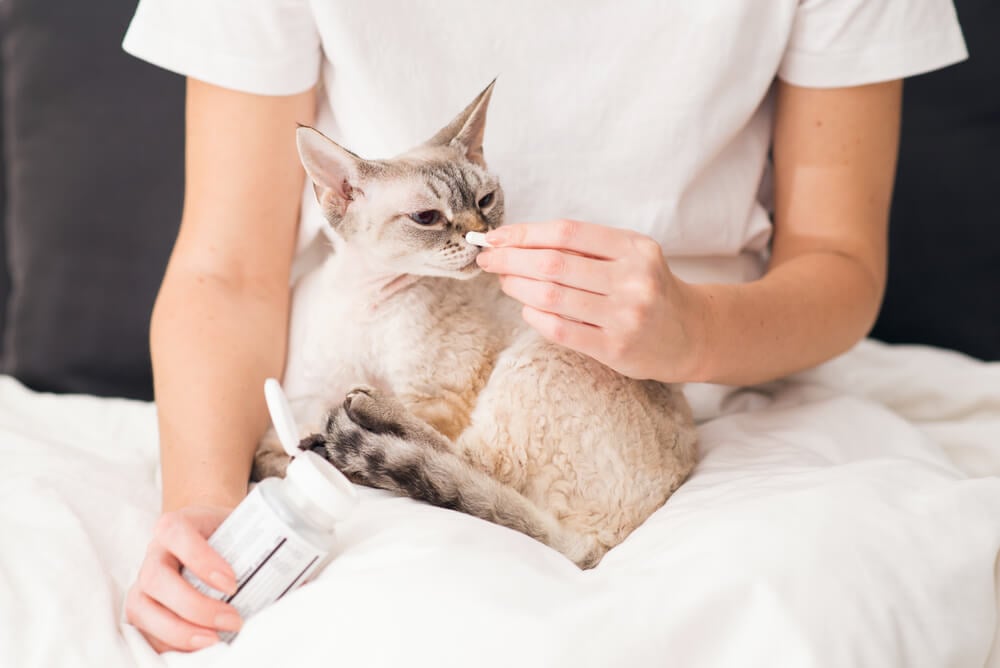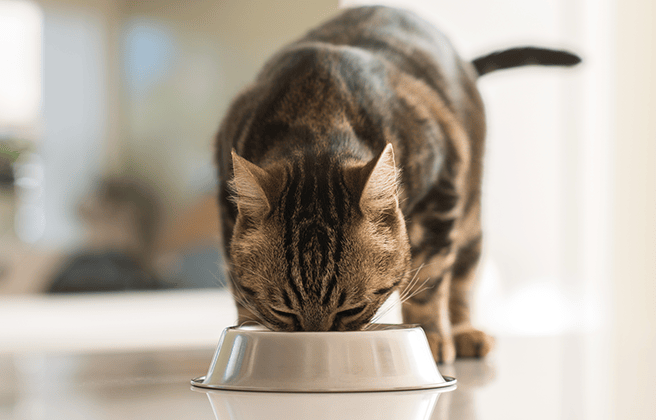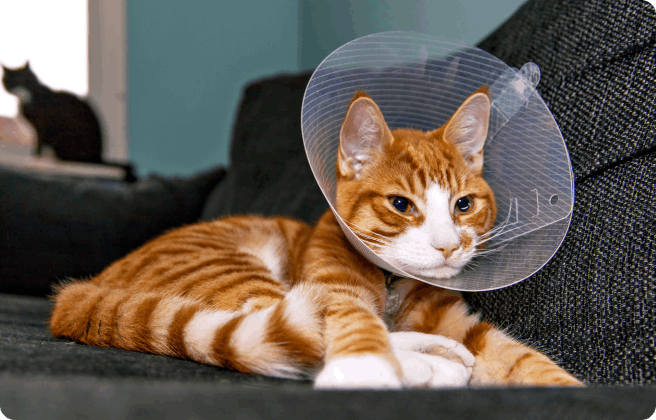
Unless you are a registered breeder, it’s important to get your cat spayed or neutered. Neutering is the procedure of surgically preventing cats from reproducing. Not only can this avoid health complications but it can also prevent unwanted pregnancies and fights with other cats.
Female cats need to be spayed — also known as fixing or neutering. While male cat neutering or castration can also be called ‘having the snip’.
The guidelines and reasons for neutering are slightly different for female and male cats so let’s break it down.
Female cats
- Female cats will begin to attract male cats or ‘tomcats’ for mating at around 4 months, which can be problematic. If they are not spayed, they will almost constantly be in heat.
- You should spay your female cat before she reaches 4 months of age, to avoid an early pregnancy while she is too young.
- Spaying your cat will also prevent them from spraying urine and marking their territory in the house.
- You do not have to wait before your cat has had a litter of kittens before spaying them.
- Spaying a female cat can prevent breast cancer and infection of the womb (pyometra).
Male cats
- Male cats will spray the house and mark their territory as they mature.
- You should think of giving your male cat ‘the snip’ at around 4 months of age, to avoid them getting into fights with other male cats.
- Neutering your cat can also keep them closer to home as they will be less likely to wander off and get lost.
- Neutering a male cat can prevent FIV, the cat version of HIV, which is spread through cat bites and fighting over a female.
What does cat spaying or neutering involve?
- Both operations will require a general anesthetic.
- Your cats can be dropped off and collected on the same day, as long as there are no complications.
- Male cats will have both testicles removed.
- Female cats will have both ovaries and the uterus removed.
- Most cats are mobile quite soon after surgery.
- Your cat will need to stay indoors for a short amount of time as recommended by your vet.
Why should you spay or neuter your cat?
Here are some reasons why spaying or neutering your cat is important:
Population control: Spaying or neutering helps control the cat population by preventing unplanned or unwanted litters. Millions of cats end up in shelters each year, and many of them are euthanized due to overpopulation. By spaying or neutering your cat, you can help reduce the number of homeless cats and contribute to the overall welfare of feline populations.
Health benefits for females: Spaying female cats before their first heat cycle significantly reduces their risk of developing certain reproductive system cancers, including uterine infections (pyometra), mammary gland tumors, and ovarian cancer. It also eliminates the possibility of potentially life-threatening complications associated with pregnancy and delivery.
Health benefits for males: Neutering male cats reduces the risk of testicular cancer and lowers the incidence of prostate problems. It can also help prevent behaviors associated with intact males, such as urine marking, roaming in search of mates, aggression, and fighting.
Behavior modification: Spaying or neutering can help improve certain undesirable behaviors in cats. It can reduce or eliminate the urge to mark territory with urine, decrease aggressive tendencies, and minimize roaming behavior in search of mates. It can also help reduce the likelihood of spraying, yowling, or fighting, which can be common in unaltered cats.
Decreased risk of roaming and accidents: Intact cats, especially males, are more prone to roaming to find a mate. This behavior puts them at higher risk of accidents, such as being hit by cars, getting into fights with other animals, or encountering dangerous situations outdoors. Spaying or neutering can reduce the desire to roam, keeping your cat safer and closer to home.
Long-term cost savings: The cost of spaying or neutering is generally less than the potential expenses associated with caring for litters of kittens or addressing health issues related to reproductive system cancers. By preventing these issues, you can save money on future veterinary bills.
We uphold the highest editorial standards when creating the authoritative content pet parents rely on and trust.
Every piece of clinical content on the Cat Food Advisor is reviewed by our certified Veterinary Advisory Board, which consists of licensed veterinarians and medically certified specialists.
Our reviews are completely independent; we are not paid by any pet food company to promote their products favorably. We do not accept money, gifts, samples or other incentives in exchange for special consideration. For more information see our Disclaimer & Disclosure page.




